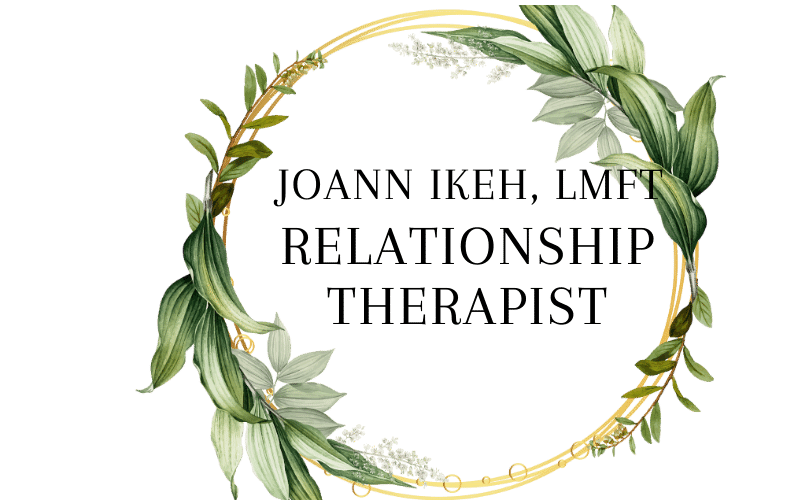Healing Shame to Build Healthier Connections
Shame: The Hidden Saboteur in Relationships
Shame is a quiet, insidious force. Unlike guilt, which focuses on actions, shame attacks the self: “I am flawed,” “I am unworthy.”
In relationships, shame can cause:
Withdrawal and emotional distance.
Defensiveness or aggression.
Difficulty expressing needs or vulnerability.
Relational Life Therapy (RLT) emphasizes that shame is normal, but unaddressed, it prevents genuine intimacy and repair.
Recognize Your Shame Patterns
Shame often manifests in predictable ways:
Criticizing your partner before they criticize you.
Avoiding difficult conversations to escape feeling exposed.
People-pleasing to earn love or approval.
Replaying past failures or mistakes in your mind.
Awareness is the first step. Notice your reactions and ask: “Is this anger, fear, or shame driving me?”
Accountability as a Path to Healing
RLT teaches that accountability heals shame. Taking responsibility for your part in conflict or misunderstanding restores your sense of agency.
Instead of internalizing blame:
Acknowledge your impact: “I see that my words hurt you.”
Own your behavior without self-condemnation: “I reacted defensively, and I want to do better.”
This approach transforms shame into action, fostering growth and connection.
Communicate Vulnerability Safely
Opening up about shame can feel risky, but safe disclosure strengthens intimacy:
Use “I” statements: “I feel ashamed when…”
Ask for support or guidance: “Can we work on this together?”
Be patient with yourself: healing takes time.
Your partner doesn’t need perfection; they need honesty and the courage to show up.
Repair: A Relational Shield
Repair isn’t just about resolving conflict — it’s a way to protect against shame’s isolating effects.
Validate each other’s feelings: “I understand why that hurt you.”
Reconnect physically or emotionally when possible: a touch, hug, or shared moment of calm.
Keep commitments small and consistent: rebuilding trust strengthens self-worth.
Repair signals that mistakes don’t define you, and connection can survive them.
Shift From Shame to Connection
Healing shame allows you to participate fully in the relationship. You stop hiding, defending, or overcompensating. Instead, you bring your authentic self — flaws and all — to the partnership.
RLT reminds us that relational courage, accountability, and repair create a safe environment where shame loses its grip. True intimacy emerges not from perfection, but from showing up, owning your part, and embracing vulnerability.
The Takeaway
Shame can silently erode love, but it can also be transformed. Awareness, accountability, and repair empower you to heal yourself and strengthen your relationship.
When shame is met with courage and connection, it becomes a doorway to intimacy, trust, and authentic love.
Want some Tips to Learn How to Repair Your Relationship? Click Here
Ready to Build Healthier Relationships?
If you and/or your partner are struggling with shame and you are ready to find healing; you don’t have to navigate it alone.
At Online Couple Counseling, I help partners foster curiosity, strengthen communication, and practice relationship accountability that fosters understanding, long-term connection and trust.
📞 Book a free 15-minute consultation today
🌐 Visit onlinecouplecounseling.com
📩 Or email me at joannikeh@joannikeh.com
Let’s work together to break unhealthy patterns and build lasting emotional wellness.



